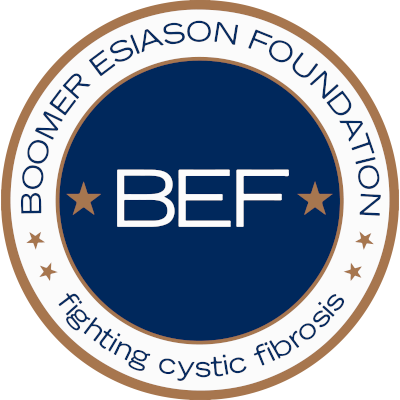Antimicrobial Resistance
Written by: Katherine Black
More frequently, patients are coming to find that there are no treatment options to treat infections as common as an ear infection. As bacteria continue to evolve, the typical antibiotics prescribed to treat them are no longer effective. This terrifying scenario has become a reality for many and will continue to be so unless Congress takes action to fight against antimicrobial resistant infections.
Antimicrobial resistance occurs when the bacteria that cause infections evolve from exposure to antibiotics, causing the antibiotics to no longer be effective. The combination of high antibiotic use and stalled antibiotic development has created a frightening reality for Americans– 35,000 people in the United States die each year due to antimicrobial resistant infections. No one is safe from this threat. We never know when we may culture an infection that will make us a part of this startling statistic, making it crucial that we have options available for when that time may come. Unfortunately, many people with rare diseases or chronic illnesses face a heightened risk for culturing antimicrobial resistant infections.
My older sister, Lauren, was diagnosed with cystic fibrosis (CF) at two weeks old. Cystic fibrosis causes a thick sticky mucus to form in the lungs, creating a breeding ground for bacteria. People living with CF frequently develop infections and utilize antibiotics at a high rate, which means that they are at an increased risk of culturing an infection that can become untreatable . When Lauren was in second grade, she went on the IV antibiotic Vancomycin for the first time to treat her Methicillin-resistant Staphylococcus aureus (MRSA) infection. Lauren’s MRSA continued to become resistant, even at increasingly higher doses of antibiotics. Vancomycin is the only option available to treat Lauren’s MRSA, and without the development of new antibiotics, the consequences of its failure will be dire. She now has to go on a very high dose of the drug, which her body oftentimes cannot tolerate. No one should be forced to put themselves in dangerous situations in order to stay healthy. I constantly fear for my sister’s future and what treatment options will be available for her as she continues to struggle with the shortage of new antibiotics. It terrifies me to think that I could lose my sister to an infection that could have been treated had there been proper funding. This issue persists because our current antibiotic market is failing.
It is critical that the United States take action against antimicrobial resistance – the deaths and fears Americans face make that clear. The current state of our antibiotic market does not allow for current companies to survive or incentivize new companies to enter the market. Our country needs a new system in order to allow for the development of new, life-saving antibiotics. The PASTEUR Act would allow for just that. If passed, the PASTEUR Act will incentivize the development of novel antibiotics through a subscription model. The act would support FDA-approved drugs only, but it would be based on value, not sales volume. This would provide drug companies an incentive to develop new antibiotics as there would be foreseeable profit in the space. We cannot expect companies to enter a market in which they know they will lose money, but we also cannot leave Americans without treatment options. The bacteria that cause these infections continue to evolve, but our antibiotic market seems to have only moved backwards. The PASTEUR Act would be a catalyst to save the lives of thousands of Americans and it is imperative for Congress to take action. We cannot wait until it is too late.
